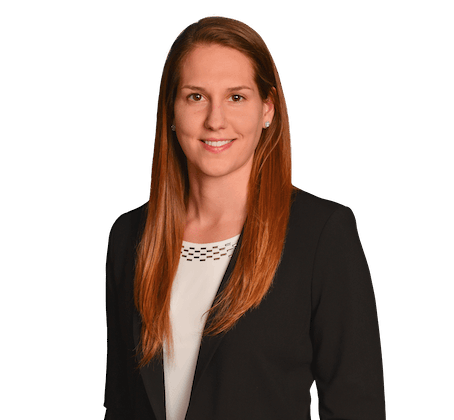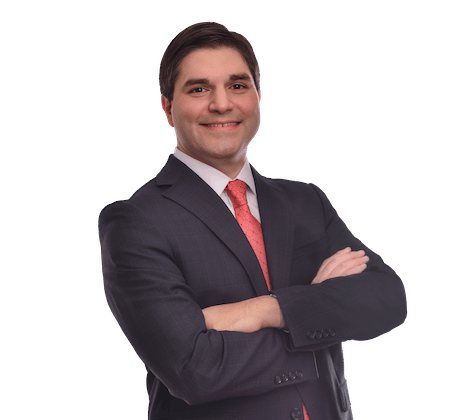On April 6, 2020, the Small Business Administration (“SBA”), in consultation with the Department of the Treasury, released a series of frequently asked questions (“FAQs”) regarding the Paycheck Protection Program (“PPP”) that addresses many of the ambiguities noted in our prior alerts.
Calculation of payroll costs
The FAQs clarify several things regarding the calculation of payroll costs:
- The exclusion of employee compensation in excess of $100,000 annually applies to cash compensation, and not to non-cash benefits.
- A borrower can use either its 2019 payroll figures or the trailing twelve-month period when calculating average monthly payroll costs.
- Payroll costs need not be reduced by any federal Social Security and Medicare taxes and any federal income taxes withheld from employees’ compensation, despite language in the CARES Act that suggested otherwise. But the employer-borne portion of Social Security and Medicare taxes may not be added to payroll costs.
Affiliation rules
Borrowers must generally apply the SBA affiliation rules set forth in 13 CFR Section 121.301(f) for determining whether they have under 500 employees, or whether employees of another business with the same common owners or managers must be included in the count. Notably, 13 CFR Section 121.301(f)(1) provides that a minority shareholder is deemed to control a business if such shareholder has the right to prevent a quorum or otherwise block action by the board of directors or shareholders. This comes as unwelcome news to many groups that were lobbying the SBA to exempt private equity and venture capital funds from being considered controlling owners for purposes of the affiliation rules. The FAQs provide, however, that if a shareholder irrevocably waivers or relinquishes any such rights, it will no longer be considered an affiliate of the business for this purpose. While the waiver must be irrevocable, the FAQs do not suggest that it must be permanent.
As for faith-based organizations, the SBA has adopted exempting them from the affiliation rules.
Signatures
Prior guidance provides that a PPP application may be signed electronically. The FAQs expand this to also provide that a single individual may sign the application on behalf of a borrower and its owners with a greater than 20% interest, provided that such individual has the proper authorization. An individual’s signature is a representation to the lender and the SBA that such individual has the proper authorization.
Professional Employer Organizations
A borrower who uses a professional employer organization (“PEO”) to manage its payroll obligations may use the payroll documentation provided by the PEO with respect to the borrower’s employees for its PPP application. The borrower’s employees are not considered employees of the PEO for purposes of the PPP.
Borrower certifications
The FAQs underscore the importance of the borrower certifications in the PPP application. The SBA is relying on the information provided to it by lenders, and lenders in turn are directed to rely on the borrower certifications. For example, the FAQs provide that it is a borrower’s responsibility to determine its eligibility for the PPP, including through the application of the SBA’s affiliation rules, and similarly to calculate its average monthly payroll costs for purposes of determining its maximum loan amount. Lenders are not required to independently verify the information provided by borrowers, but are entitled to rely on borrowers’ certifications regarding these calculations and other items. Borrowers should make sure that they are comfortable with these certifications. If you have any questions about how the borrower certifications apply to you or your business, please contact Jason Navarino, Rich Lomuscio, Hannah Greendyk or any member of Riker Danzig’s and Corporate and Tax Departments.
Please
visit Riker Danzig’s COVID-19
Resource Center to stay up to date on all related legal issues.




